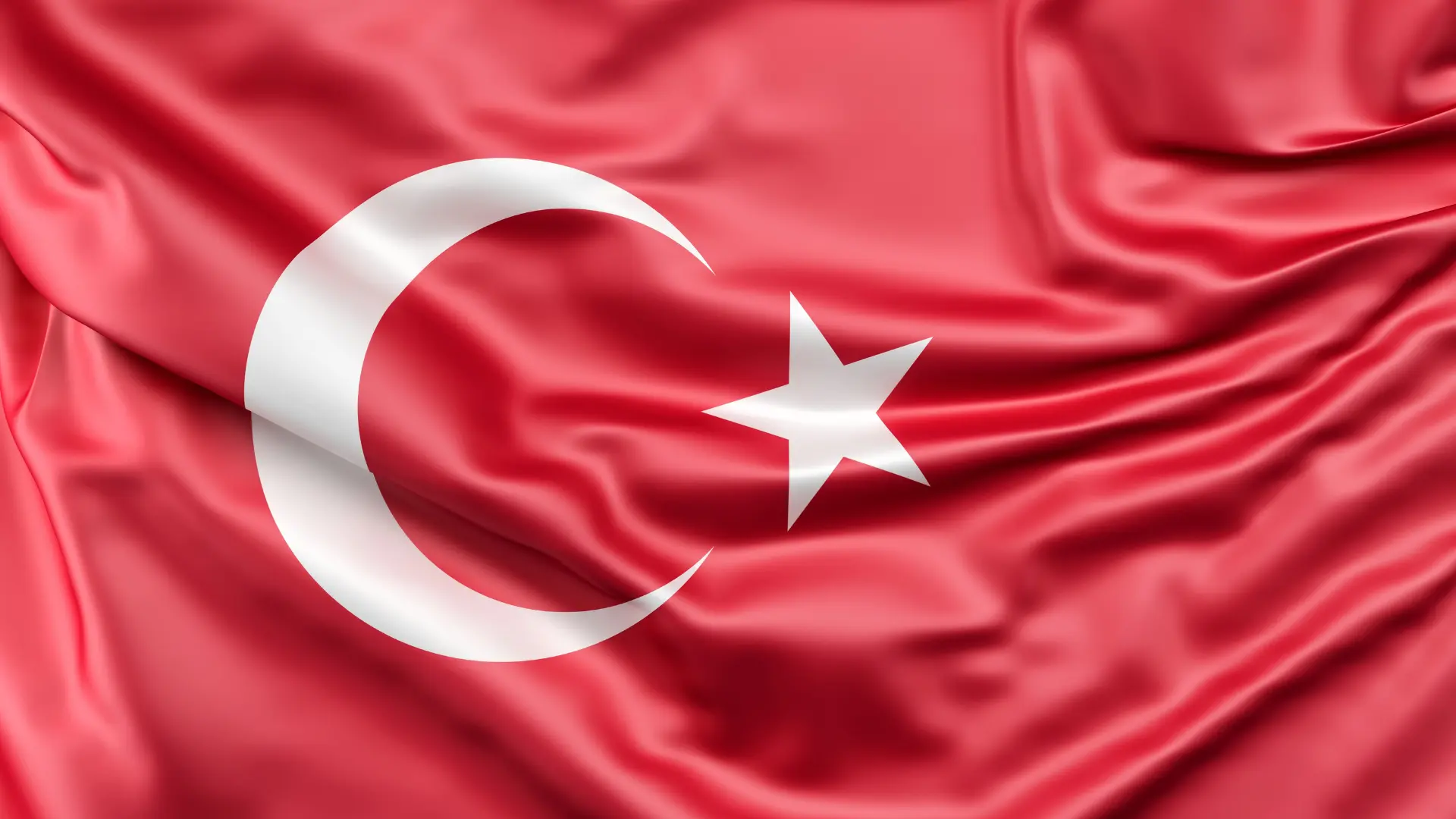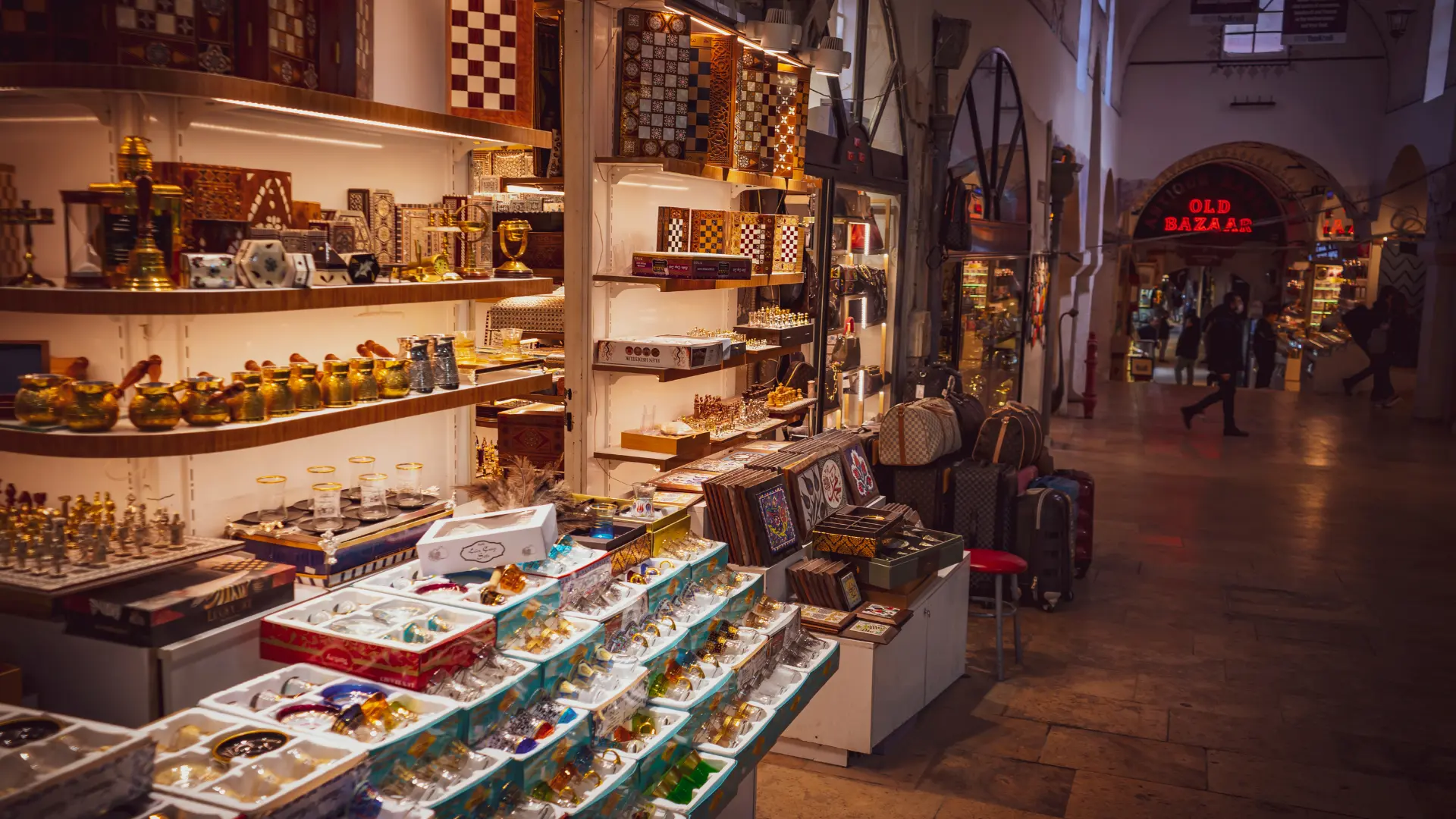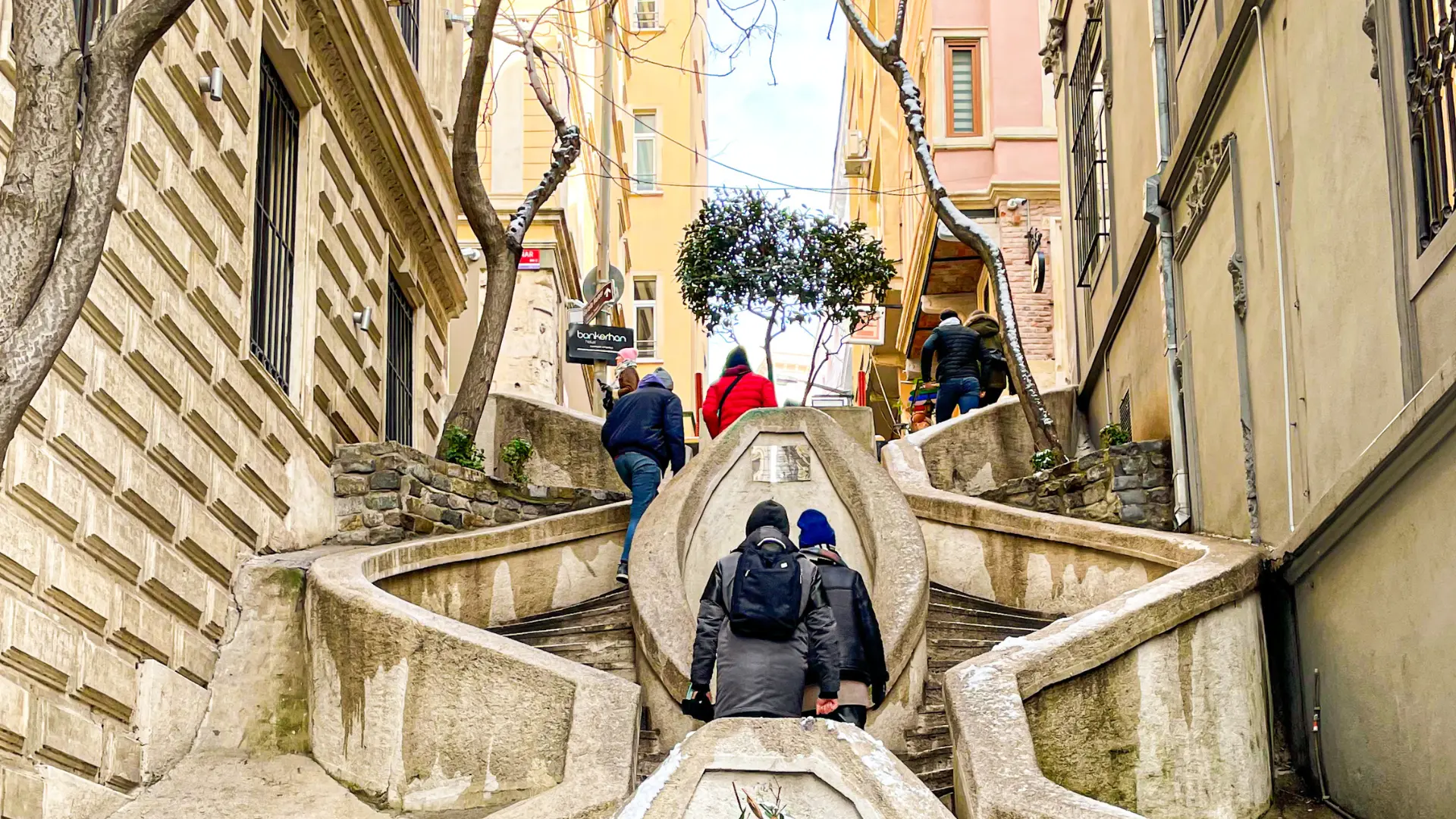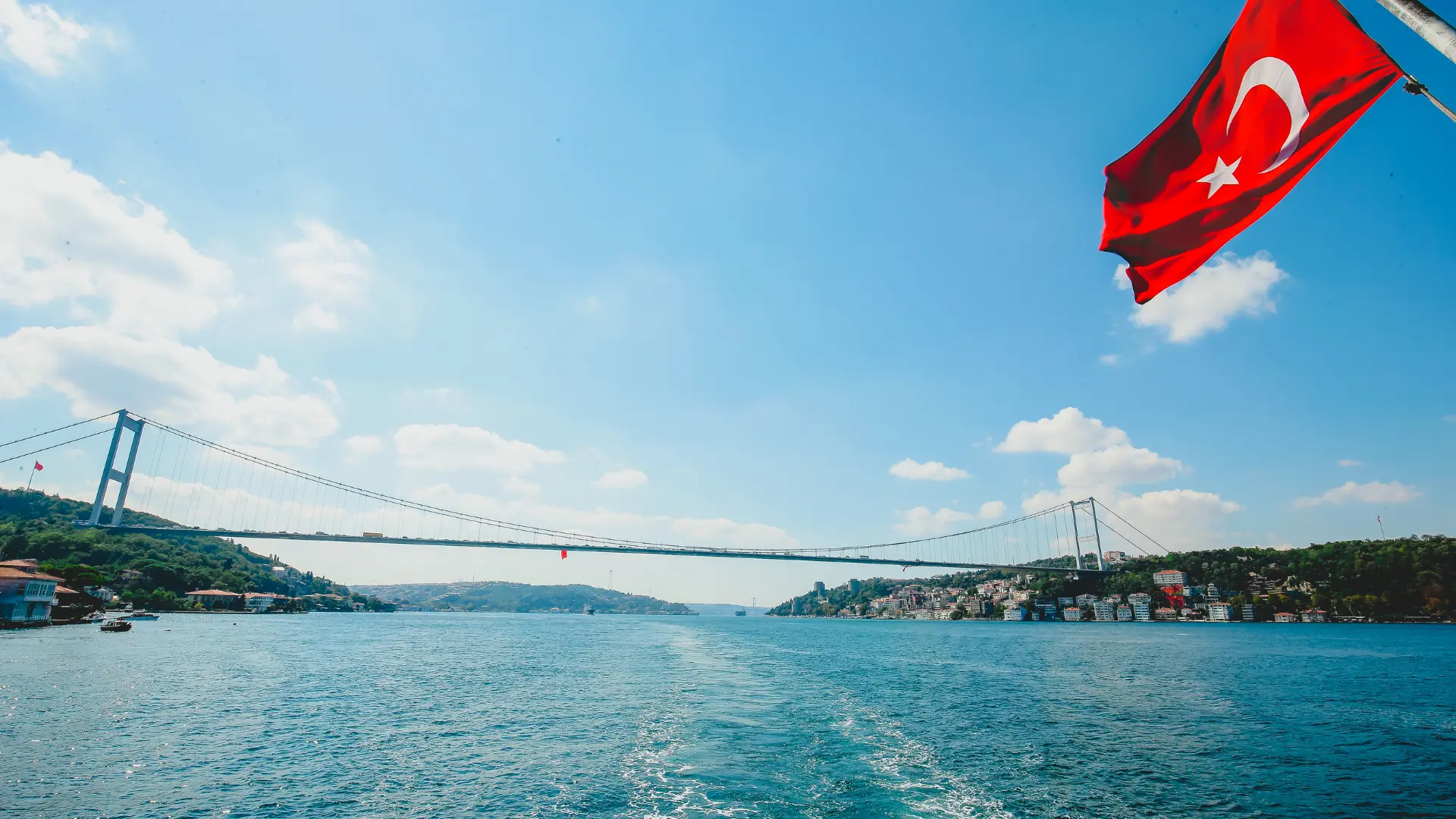Travel Tips for Turkey
When booking a hair transplant Turkey package, make sure you have some extra days to make the very best out of your experience! Turkey is a vast country with a rich history. We’ve written up some of our top travel tips for Turkey for you in this section of our website. Enjoy!
Before You Go
Planning a trip to Turkey can be an exciting experience, but it requires careful research and preparation to ensure a smooth and enjoyable journey. Here are some essential steps to take before you go:
Researching and Planning Your Trip
Turkey is a country with a rich history and diverse culture, and there are many things to see and do. To make the most of your time there, it’s important to research and plan your trip carefully. Start by deciding what time of year you want to visit. If you want to avoid the crowds and enjoy mild weather, the shoulder seasons of spring (April to May) and fall (September to November) are ideal. If you’re looking for warm weather and beach activities, summer (June to August) is the best time to visit.
When choosing your itinerary, consider your interests and the length of your stay. Istanbul, the country’s largest city, is a must-see destination with its rich history, stunning architecture, and vibrant culture. Other popular destinations include Cappadocia, known for its unique rock formations and hot air balloon rides, and the coastal cities of Antalya and Bodrum, famous for their beaches and resorts.
Booking flights and accommodations early can help you save money and ensure availability. There are many airlines that offer direct flights to Istanbul from major cities around the world. When it comes to accommodations, Turkey has a wide range of options, from budget-friendly hostels to luxury hotels and resorts.
Obtaining Necessary Documents
To enter Turkey, most visitors need a passport that is valid for at least six months from the date of entry. Some nationalities also require a visa, which can be obtained online or upon arrival at the airport. It’s important to check the entry requirements for your specific nationality before you go to avoid any issues at the border.
Vaccinations and Health Precautions
Before traveling to Turkey, it’s important to consult with your healthcare provider to ensure you’re up-to-date on routine vaccinations. Depending on your itinerary and activities planned, you may also need additional vaccinations, such as Hepatitis A and B, Typhoid, or Rabies. It’s also important to take precautions against mosquito-borne illnesses, such as Zika and West Nile Virus, by using insect repellent and wearing protective clothing.
Packing Tips and What to Bring
When packing for your trip to Turkey, it’s important to consider the season and activities planned. In the summer, lightweight and breathable clothing is recommended, while in the winter, warm layers and waterproof gear are essential. It’s also important to bring comfortable shoes for walking and hiking, as well as appropriate attire for visiting mosques and other religious sites.
Money and Currency Exchange
The official currency of Turkey is the Turkish Lira (TRY), and it’s important to exchange your currency before you go to avoid high fees at airports or exchange offices. It’s also recommended to use ATMs to withdraw cash, as they offer competitive exchange rates. Credit cards are widely accepted in major cities and tourist areas, but it’s always a good idea to carry some cash for smaller purchases and tipping.
In conclusion, careful planning and preparation are essential for a successful trip to Turkey. By researching and planning your itinerary, obtaining necessary documents, taking health precautions, packing appropriately, and understanding the local currency, you can ensure a safe and enjoyable journey.
Getting Around
Turkey is a vast country with a diverse landscape, from bustling cities to scenic countryside. As a traveler, it is essential to choose the best mode of transportation to get around and explore this beautiful country. In this section, we will discuss the various transportation options available in Turkey, including air, train, bus, and car rental, as well as public transportation in major cities, taxis, and ride-sharing services.
1. Transportation Options in Turkey
a. Air Travel
Turkey has a well-developed air transportation system, with several domestic airlines operating flights to major cities across the country. Turkish Airlines is the national carrier and the largest airline in Turkey, offering flights to over 300 destinations worldwide. Other domestic airlines include Pegasus Airlines, AtlasGlobal, and SunExpress.
When choosing air travel, it is essential to consider the cost, flight duration, and the distance between the airport and your final destination. For example, if you are traveling from Istanbul to Antalya, flying is the quickest and most convenient option, with several daily flights available. However, if you are traveling from Istanbul to Ankara, taking a high-speed train may be a better option, as it is faster and more cost-effective.
b. Train Travel
Turkey has an extensive rail network, with several high-speed trains connecting major cities. The Turkish State Railways (TCDD) operates most of the trains, including the high-speed trains, which are known as YHT (Yüksek Hızlı Tren) in Turkish. The YHT network currently connects Istanbul, Ankara, Eskişehir, Konya, and Bursa, with plans to expand the network in the coming years.
Train travel in Turkey is comfortable, safe, and affordable, making it an excellent option for budget-conscious travelers. However, it is essential to book your tickets in advance, especially during peak travel seasons, as trains can sell out quickly.
c. Bus Travel
Bus travel is another popular option for getting around Turkey, with several bus companies operating routes between major cities and towns. Metro Turizm, Ulusoy, and Pamukkale are some of the most popular bus companies in Turkey, offering comfortable and affordable travel options.
When choosing bus travel, it is essential to consider the duration of the journey, as some routes can take several hours. However, buses are an excellent option for those traveling on a budget, as they are often cheaper than flights or trains.
d. Car Rental
Renting a car is a popular option for those who want to explore Turkey at their own pace. Several international car rental companies, including Avis, Hertz, and Europcar, operate in Turkey, offering a wide range of vehicles to suit different budgets and needs.
When renting a car, it is essential to have a valid driving license and insurance. It is also important to be aware of the rules of the road, as driving in Turkey can be challenging, especially in major cities.
2. Public Transportation in Major Cities
a. Istanbul
Istanbul has an extensive public transportation system, including a metro, tram, bus, and ferry network. The metro system is the most efficient way to get around the city, with several lines connecting different parts of Istanbul. The tram system is also an excellent option for those traveling to the historic district of Sultanahmet, where many of Istanbul’s top attractions are located.
The bus network in Istanbul is extensive, with several bus routes connecting different parts of the city. However, buses can be crowded and slow, especially during rush hour.
The ferry network in Istanbul is also an excellent option for those traveling between the European and Asian sides of the city. Several ferry companies operate routes between different parts of Istanbul, with frequent departures throughout the day.
b. Ankara
Ankara has a modern public transportation system, including a metro, bus, and tram network. The metro system is the most efficient way to get around the city, with several lines connecting different parts of Ankara. The bus network is also extensive, with several bus routes connecting different parts of the city.
c. Izmir
Izmir has a well-developed public transportation system, including a metro, bus, and tram network. The metro system is the most efficient way to get around the city, with several lines connecting different parts of Izmir. The bus network is also extensive, with several bus routes connecting different parts of the city.
3. Taxis and Ride-Sharing Services
Taxis and ride-sharing services, such as Uber and BiTaksi, are widely available in Turkey. However, it is essential to be aware of the potential scams and negotiate fares before getting into a taxi.
When taking a taxi, it is important to ensure that the meter is running, and the driver is using the shortest route to your destination. It is also advisable to agree on a fare before getting into the taxi, especially for longer journeys.
4. Driving in Turkey
Driving in Turkey can be challenging, especially in major cities, where traffic can be heavy and chaotic. However, if you are planning to rent a car and drive in Turkey, it is essential to be aware of the rules of the road and the local driving customs.
In Turkey, cars drive on the right-hand side of the road, and the speed limit is generally 50 km/h in urban areas and 90 km/h on highways. It is also mandatory to wear seat belts, and using a mobile phone while driving is prohibited.
When driving in major cities, it is important to be aware of the traffic and plan your route in advance. It is also advisable to avoid driving during rush hour, as traffic can be particularly heavy during these times.
Food and Drink
Turkey is a country that boasts a rich culinary heritage, with a variety of delicious dishes that are sure to tantalize the taste buds of any food lover. From succulent meat dishes to flavorful vegetarian and vegan options, Turkish cuisine has something for everyone. In this section, we will explore the best of Turkish food and drink, including popular dishes, dining etiquette, and the best places to eat in major cities.
Turkish Cuisine and Popular Dishes
Turkish cuisine is known for its use of fresh ingredients, bold flavors, and unique spices. Some of the most popular dishes in Turkish cuisine include kebabs, meze, and baklava. Kebabs are a staple of Turkish cuisine and come in a variety of forms, including shish kebab, doner kebab, and Adana kebab. Meze, on the other hand, are small plates of appetizers that are perfect for sharing. Some of the most popular meze dishes include hummus, baba ganoush, and stuffed grape leaves. Finally, baklava is a sweet pastry made with layers of phyllo dough, honey, and nuts.
Dining Etiquette and Customs
When dining in Turkey, it is important to follow certain etiquette and customs. For example, it is customary to remove your shoes before entering a home or restaurant. Additionally, it is considered polite to wait for the host to begin eating before you start. When eating, it is common to use bread to scoop up food instead of utensils. Finally, when paying the bill, it is customary to leave a small tip, usually around 10%. It’s also important to note that Turkey is a predominantly Muslim country, so it’s respectful to avoid eating or drinking in public during Ramadan.
Best Places to Eat in Major Cities
Turkey is home to many great restaurants, markets, and street food vendors. In Istanbul, some of the best places to eat include the Grand Bazaar, where you can find a variety of street food vendors, and the Karakoy Gulluoglu, which is famous for its baklava. In Ankara, the Hamam Restaurant is a must-visit for its traditional Turkish cuisine and beautiful setting. Finally, in Izmir, the Kemeralti Bazaar is a great place to find a variety of street food vendors and local markets.
Vegetarian and Vegan Options
For those who follow a vegetarian or vegan diet, Turkey has plenty of options available. Some of the most popular vegetarian dishes include dolma, which are stuffed vegetables, and imam bayildi, which is a dish made with eggplant and tomatoes. Additionally, many restaurants offer vegetarian and vegan options, and it is easy to find meat-free meals in Turkey. However, it’s important to note that some dishes may contain animal products not listed on the menu, so it’s always best to double-check with the server.
Drinking Water and Other Beverages
When it comes to drinking water and other beverages, it is important to be cautious in Turkey. Tap water is not safe to drink, so it is recommended to stick to bottled water. Additionally, Turkish tea and coffee are popular beverages, and can be found in many restaurants and cafes. Turkish tea is typically served in small glasses, while Turkish coffee is strong and served in small cups. For those looking for something stronger, raki is a traditional Turkish alcoholic drink made from aniseed and grapes. It is often served with meze dishes and is a popular choice among locals. However, it’s important to drink responsibly and never drink and drive.
Turkey is a country that offers a plethora of sightseeing and activity options for tourists. From historical sites to natural wonders, cultural landmarks to outdoor activities, Turkey has something for everyone. In this section, we will explore the top tourist attractions in Turkey, including ancient ruins, Ottoman architecture, outdoor activities, shopping and markets, and nightlife and entertainment.
Historical and Cultural Sites
Turkey is renowned for its cultural and historical sites. The country is home to ancient ruins and Ottoman architecture that are a testament to its rich history. One of the most famous historical sites in Turkey is the ancient city of Ephesus. This city was once a thriving metropolis and is now a well-preserved archaeological site that attracts millions of visitors every year. Another popular historical site is the Topkapi Palace in Istanbul, which was once the residence of Ottoman sultans and is now a museum that showcases the opulence of the Ottoman Empire.
Natural Wonders
In addition to historical sites, Turkey is also known for its natural wonders. The country boasts stunning landscapes, including the Cappadocia region, which is famous for its unique rock formations and hot air balloon rides. The Pamukkale hot springs are another natural wonder that attracts tourists from all over the world. These hot springs are known for their healing properties and are a popular destination for those seeking relaxation and rejuvenation.
Outdoor Activities
For those who enjoy outdoor activities, Turkey has plenty to offer. Hiking is a popular activity, and there are many trails that offer stunning views of the country’s natural beauty. Skiing is also a popular activity, and there are several ski resorts in Turkey that offer world-class facilities. Water sports, such as swimming, snorkeling, and scuba diving, are also popular activities, and Turkey’s coastline offers plenty of opportunities for these activities.
Shopping and Markets
Shopping and markets are an integral part of Turkish culture, and there are many traditional bazaars and modern malls throughout the country. The Grand Bazaar in Istanbul is one of the largest and oldest covered markets in the world and is a must-visit for anyone interested in shopping. The Spice Bazaar, also in Istanbul, is another popular market that sells a variety of spices, sweets, and souvenirs.
Nightlife and Entertainment
Finally, Turkey has a vibrant nightlife and entertainment scene. Bars and clubs can be found in most major cities, and there are many traditional Turkish music and dance performances that are a must-see for anyone interested in experiencing Turkish culture. The Whirling Dervishes, for example, are a group of performers who spin around in a trance-like state, and their performances are a unique and unforgettable experience.
In conclusion, Turkey offers a diverse range of sightseeing and activity options for tourists. From historical sites and natural wonders to outdoor activities and shopping, there is something for everyone in this beautiful country. Whether you are interested in exploring Turkey’s rich history, experiencing its natural beauty, or simply enjoying its vibrant culture and nightlife, Turkey has it all.
Safety and Security
Turkey is a beautiful country with a rich history and culture, but it is important to be aware of potential safety concerns. This section will provide comprehensive safety tips for travelers, common scams and tourist traps to avoid, emergency contacts and resources, and an overview of the political and social climate in Turkey.
General Safety Tips for Travelers
When traveling to Turkey, it is crucial to take precautions to ensure your safety. Here are some general safety tips to keep in mind:
- Research your destination: Before traveling to Turkey, research your destination thoroughly. Familiarize yourself with the local customs, laws, and potential safety concerns.
- Be aware of your surroundings: Whether you are walking in a crowded market or exploring a historic site, it is important to stay aware of your surroundings. Keep an eye out for any suspicious activity and trust your instincts.
- Avoid pickpockets: Pickpocketing is a common problem in many tourist destinations, including Turkey. Keep your valuables close to you and be aware of your surroundings. Avoid carrying large amounts of cash or wearing expensive jewelry.
- Use common sense: Use common sense when traveling in Turkey. Avoid walking alone at night and be cautious when accepting invitations from strangers.
Scams and Tourist Traps to Avoid
Unfortunately, there are many scams and tourist traps that target unsuspecting travelers in Turkey. Here are some common scams to watch out for:
- The shoe shine scam: In this scam, a shoe shiner will offer to shine your shoes for a low price. However, once they have your shoes in their hands, they will demand a much higher price. To avoid this scam, politely decline any offers for shoe shining services.
- The carpet sales scam: In this scam, a friendly local will invite you to their shop to see their beautiful carpets. Once you are inside, they will pressure you to buy a carpet at an inflated price. To avoid this scam, do not accept any invitations from strangers and only purchase items from reputable shops.
- The fake police scam: In this scam, someone will approach you claiming to be a police officer and ask to see your passport and money. They may even threaten to arrest you if you do not comply. To avoid this scam, always ask for identification and do not hand over your passport or money.
Emergency Contacts and Resources
In case of an emergency, it is important to know who to contact. Here are some emergency contacts and resources to keep in mind:
- Turkish police: In case of an emergency, you can contact the Turkish police by dialing 155.
- Medical services: If you need medical assistance, you can dial 112 to reach emergency medical services.
- Embassy or consulate: If you are a foreign national, it is important to know the location of your embassy or consulate in case of an emergency.
Political and Social Climate in Turkey
Turkey has experienced political and social unrest in recent years, including protests and terrorist attacks. It is important to stay informed about current events and potential safety concerns. Here are some resources to help you stay up-to-date:
- U.S. Department of State: The U.S. Department of State provides up-to-date travel advisories and safety information for U.S. citizens traveling to Turkey.
- Local news sources: Local news sources can provide valuable information about current events and potential safety concerns.
In conclusion, while Turkey is a beautiful and fascinating destination, it is important to be aware of potential safety concerns. By following these comprehensive safety tips, avoiding common scams and tourist traps, and knowing who to contact in case of an emergency, you can help ensure a safe and enjoyable trip.
Cultural Etiquette in Turkey
Turkey is a country with a rich cultural heritage that dates back thousands of years. It is a country that straddles two continents and has been influenced by both Eastern and Western cultures. Understanding Turkish culture and customs is essential for anyone planning to visit the country. In this section, we will explore the various aspects of Turkish culture and provide tips for visitors to ensure they have a pleasant and respectful experience.
1. Understanding Turkish Culture and Customs
Turkey is a predominantly Muslim country, and Islam plays a significant role in the daily lives of the people. It is important to respect the customs and practices of Islam to avoid offending anyone. For example, it is customary to remove your shoes before entering a mosque, and women should cover their heads and wear modest clothing. Additionally, it is customary to greet people with a handshake and say “Merhaba” (hello) or “Selamün Aleyküm” (peace be upon you).
Family values are also an essential part of Turkish culture. The family is the cornerstone of Turkish society, and it is customary to show respect to elders and prioritize family over individual needs. Hospitality is also a significant part of Turkish culture, and guests are treated with great respect and generosity.
2. Dress Code and Appropriate Attire
Turkey is a conservative country, and it is essential to dress modestly, especially when visiting religious sites. Women should cover their heads and wear long-sleeved shirts and pants or skirts that cover their knees. Men should also avoid wearing shorts and sleeveless shirts. When visiting mosques, women should wear a headscarf, and both men and women should remove their shoes before entering.
3. Greetings and Gestures
Turkish people are warm and welcoming, and it is customary to greet people with a handshake and a smile. When meeting someone for the first time, it is common to exchange pleasantries and ask about their family and well-being. Turkish people are also known for their hospitality, and guests are often offered tea or coffee as a sign of respect.
4. Religious Customs and Practices
Ramadan is a significant religious holiday in Turkey, and it is customary to fast during the day and break the fast with a meal called iftar. It is also customary to give to charity during Ramadan and to attend special prayers at the mosque. Other Islamic holidays, such as Eid al-Fitr and Eid al-Adha, are also celebrated in Turkey.
5. Language Tips and Common Phrases
Turkish is the official language of Turkey, and while many people speak English, it is always appreciated when visitors make an effort to speak Turkish. Some basic Turkish phrases for travelers include:
- Merhaba (hello)
- Nasılsın? (how are you?)
- Teşekkür ederim (thank you)
- Lütfen (please)
- Hoşça kal (goodbye)
In conclusion, understanding Turkish culture and customs is essential for anyone planning to visit the country. By following the dress code, respecting family values, and being mindful of religious customs and practices, visitors can have a pleasant and respectful experience. Learning a few basic Turkish phrases can also go a long way in making connections with the locals and showing respect for their culture.
























